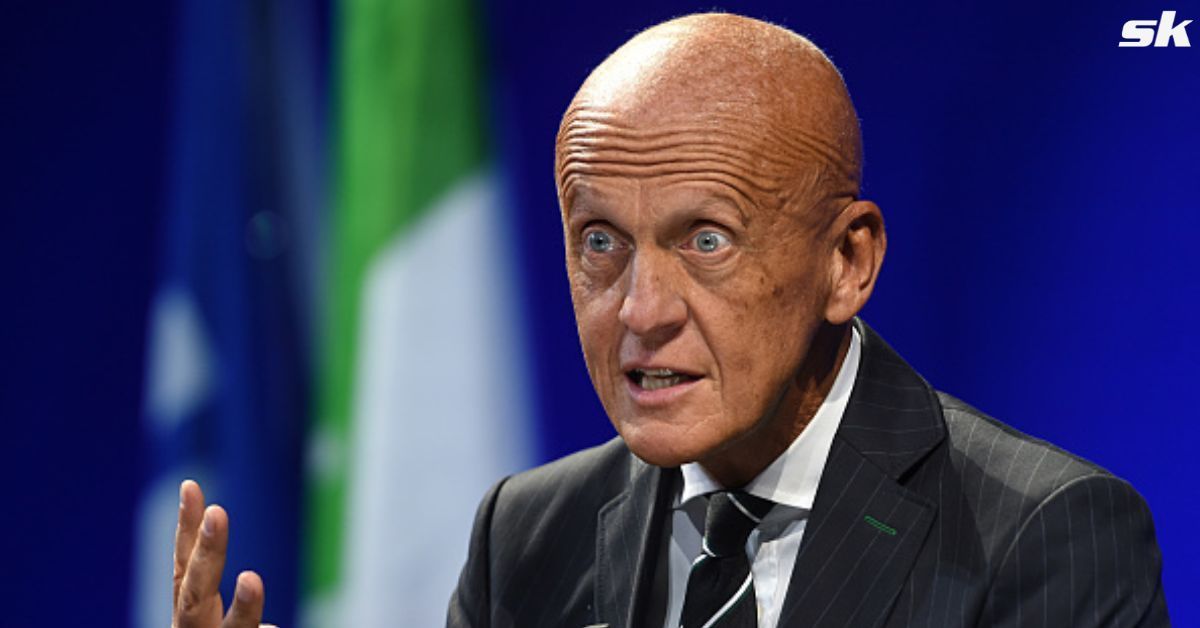
Explained: Why every 2022 FIFA World Cup game has exceeded 100 minutes due to FIFA rule change
The 2022 FIFA World Cup in Qatar kicked off on 20 November with a clash between the hosts and Ecuador. La Tri secured a 2-0 victory over Qatar in a strong display at the Al Bayt Stadium. The encounter surprisingly exceeded 100 minutes and this could be due to FIFA's new rules on injury time.
The FIFA World Cup opener was not the only game that lasted more than 100 minutes. In fact, every encounter in the tournament so far has surpassed the 100-minute mark.
England conceded in the 103rd minute of their thumping 6-2 win over Iran on 21 November. In the subsequent fixture later in the day between Senegal and the Netherlands, over 100 minutes were played as well.
Wales' 1-1 draw with the USA lasted over 104 minutes with nine added on at the end. Both teams were chasing the match-winner in stoppage time, resulting in a truly thrilling encounter.
Saudi Arabia secured a shock 2-1 victory over Argentina earlier today (22 November) where 14 minutes were added on in the second half alone. However, La Albiceleste were still unable to score any goals in stoppage time.
Prior to the ongoing FIFA World Cup in Qatar, FIFA Referees Committee Chairman Pierluigi Collina explained how officials decided the amount of stoppage time during the 2018 edition in Russia.
The former referee told ESPN:
"In Russia, we tried to be more accurate in compensating for time lost during games and that's why you saw six, seven or even eight minutes added on. Think about it: if you have three goals in a half, you'll probably lose four or five minutes in total to celebrations and the restart."
This could potentially see match lengths at this year's FIFA World Cup consistently exceed 100 minutes, as has been the trend since the opener on Sunday.
Pierluigi Collina speaks about new Semi-Automated Offside Technology used at 2022 FIFA World Cup in Qatar
The former referee recently spoke about the new Semi-Automated Offside Technology (SAOT) used in this year's FIFA World Cup.
FIFA has come up with a new technology that they claim helps officials in making faster and more accurate offside decisions. The SAOT is used in conjunction with Al Rihla, the official Adidas match ball for the 2022 FIFA World Cup in Qatar.
The ball is fitted with a motion sensor that will assist in resolving close offside calls, according to FIFA. Collina said at a press conference (via FIFA's official website):
“[Since Russia 2018] we have been working hard to improve offside technology. I’m talking about the time needed to reach a final decision, given the difficulty video assistant referees have in determining positions in very tight offside situations. Semi-Automated Offside Technology allows us to be quicker and more accurate in making these decisions.”
